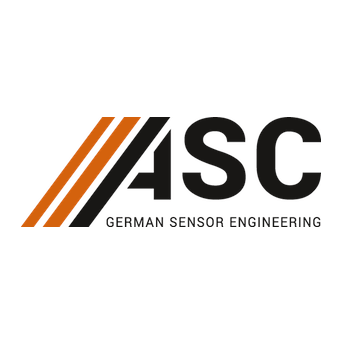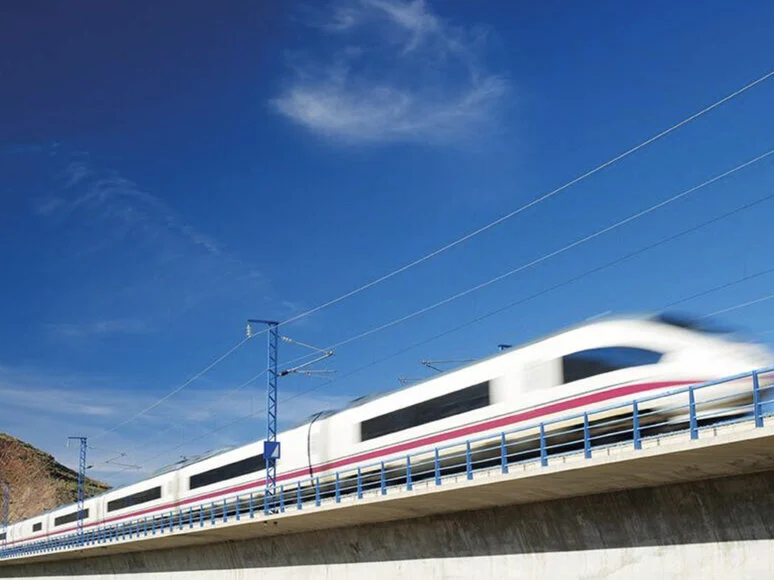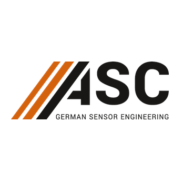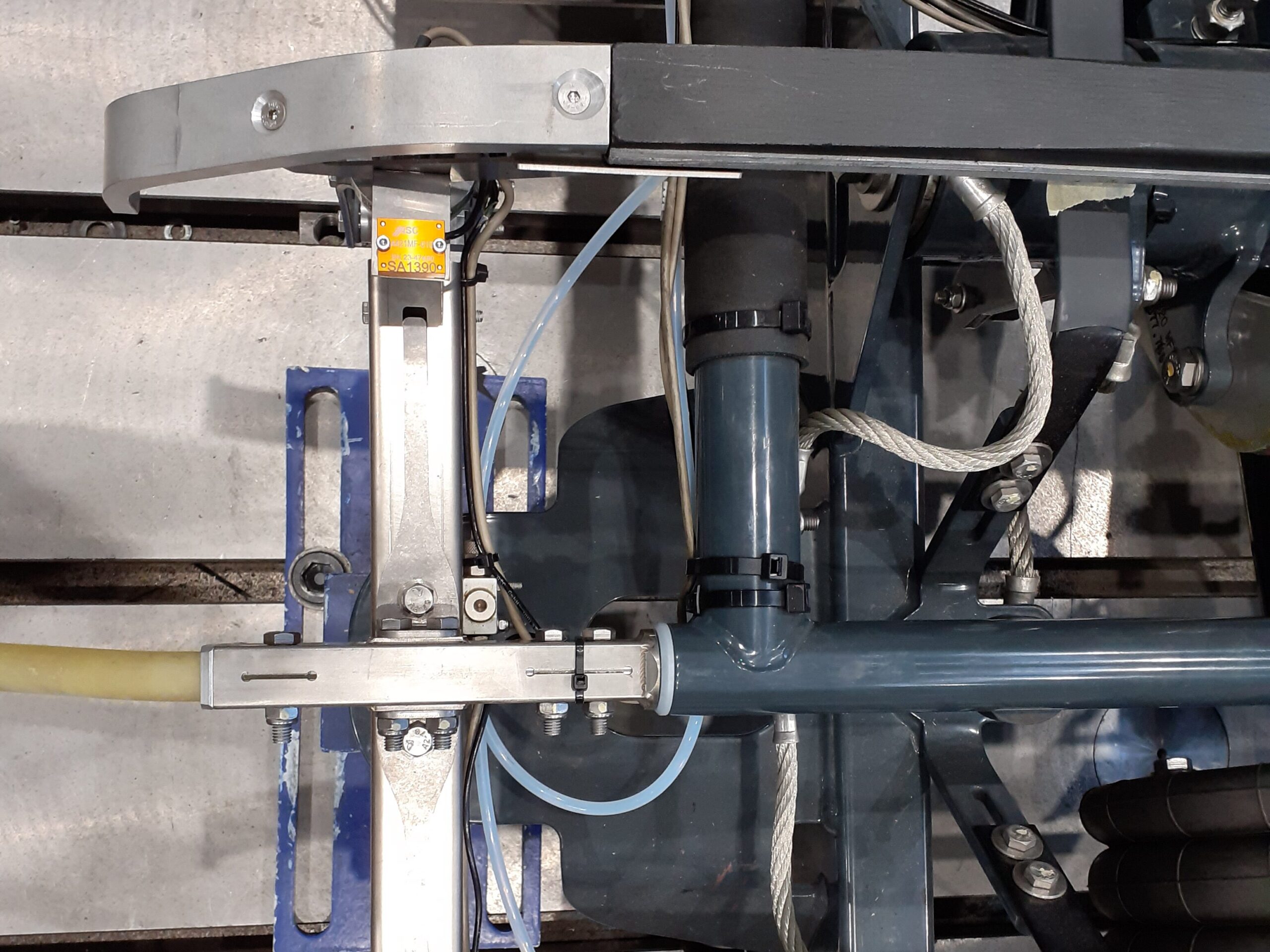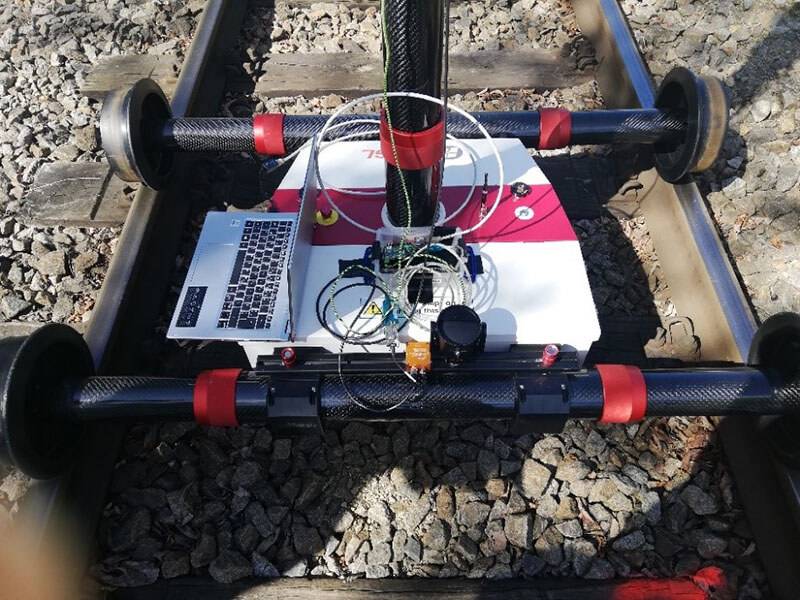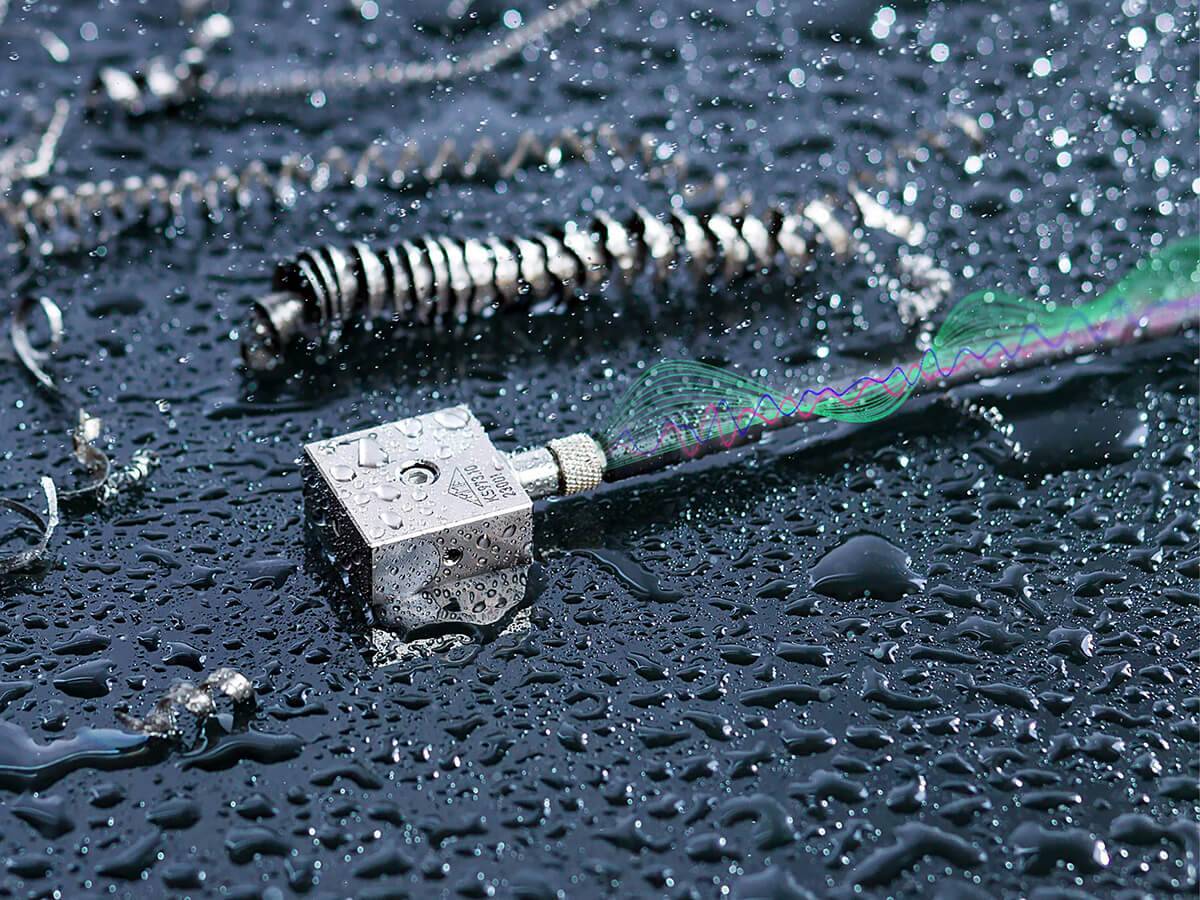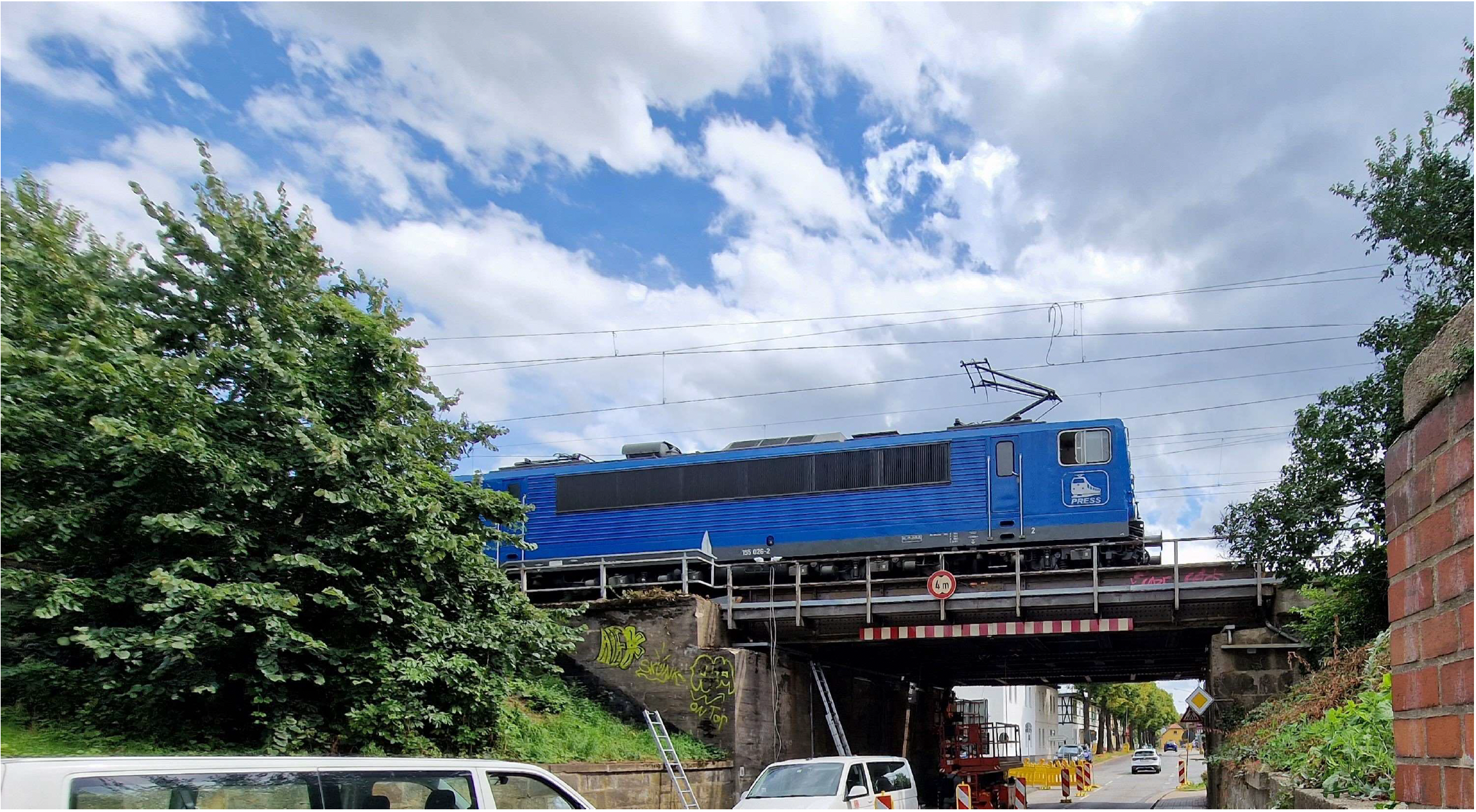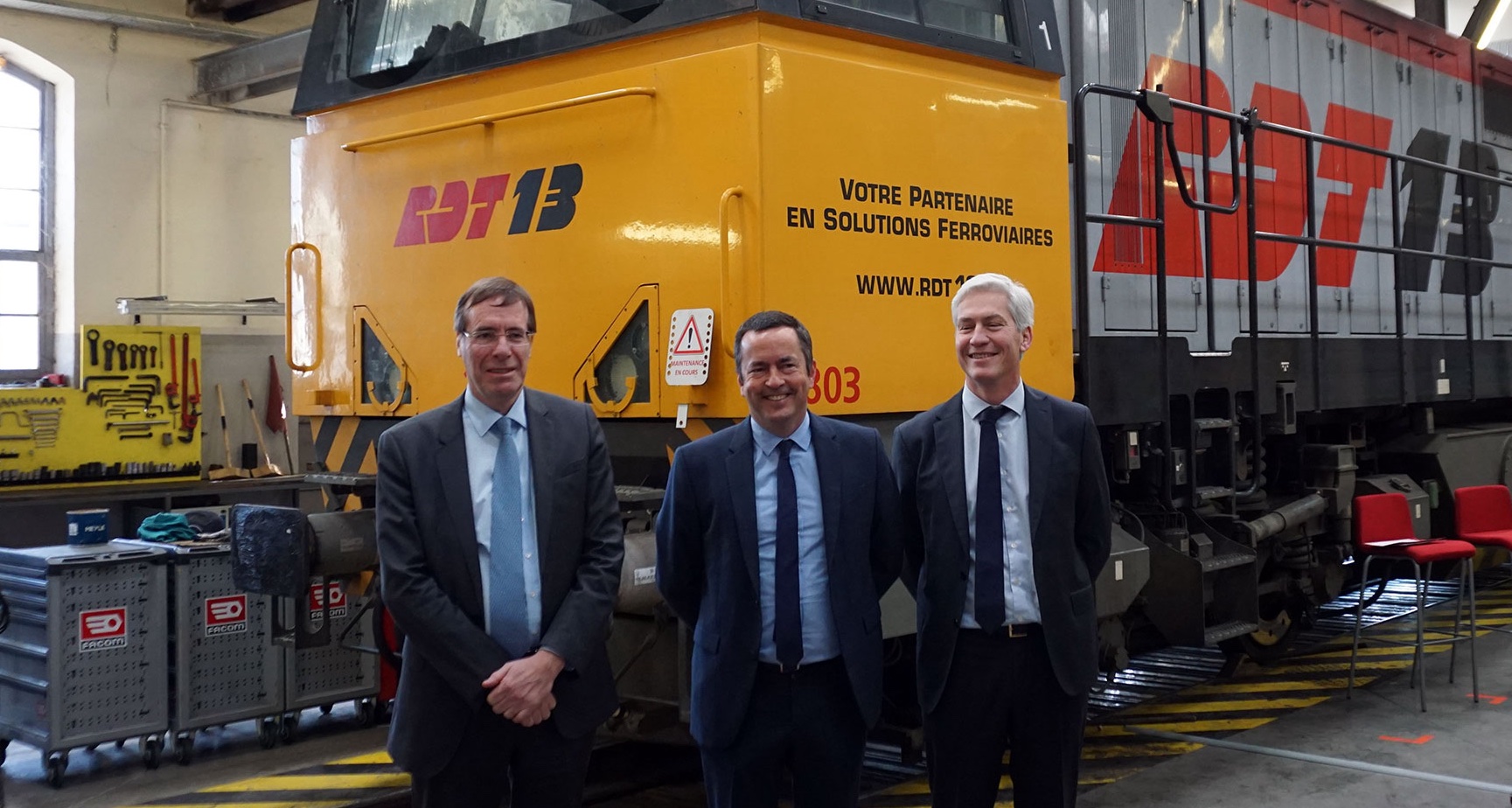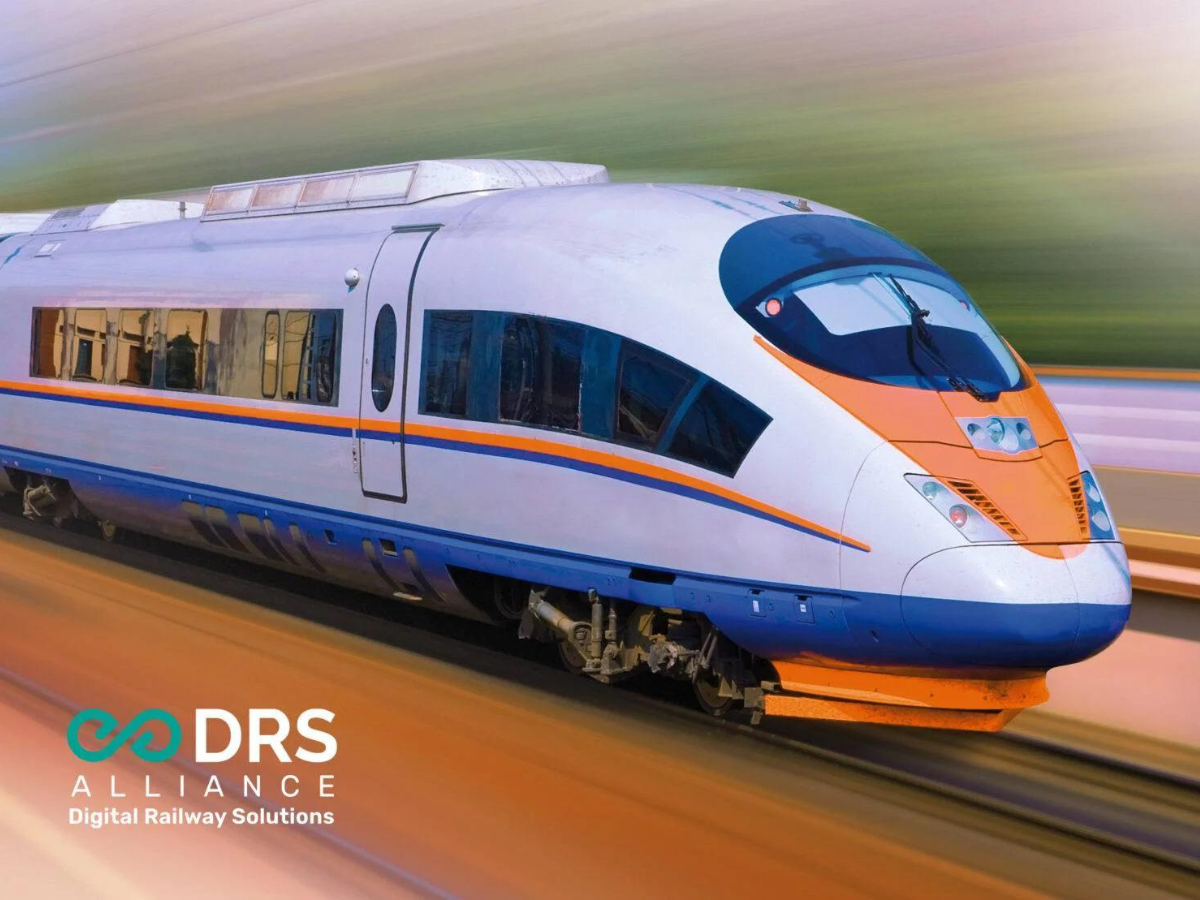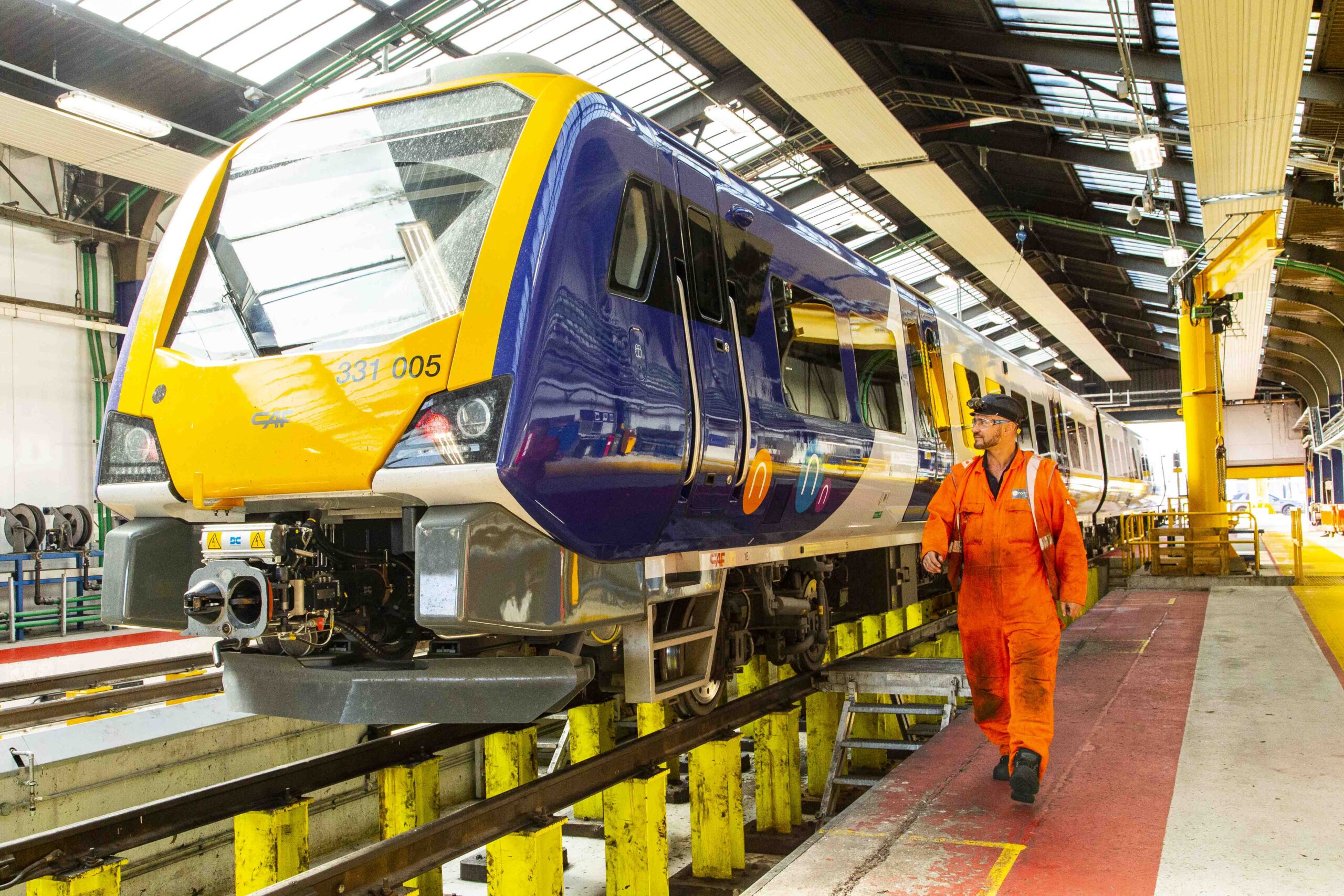To keep passengers, trains and equipment safe, Alstom – a leading global manufacturer of rolling train stock – relies on ASC Sensors to determine accurate running dynamics and bogie frame strength under real-life conditions.
Not only does this allow for the smooth running of trains and accident prevention but also for utmost passenger comfort and economic efficiencies.
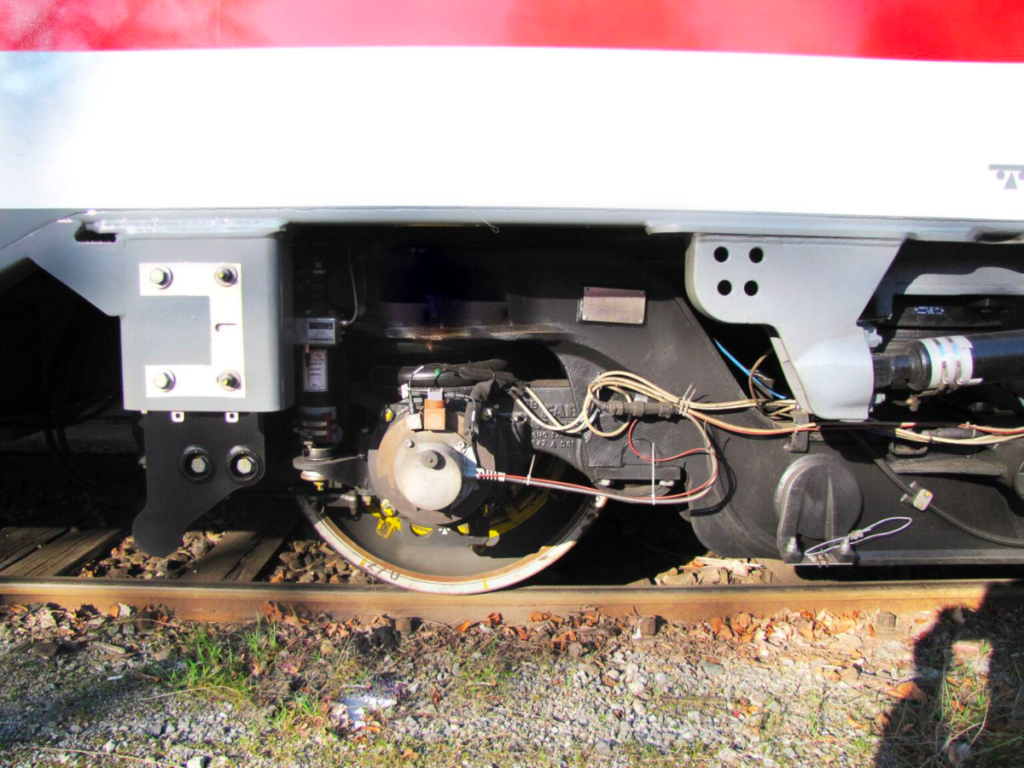
In Germany, Alstom produces regional trains, trams, rapid-transit and underground trains as well as engines. Before approval for active service by the German Federal Railway Authority, every train must pass a host of tests under diverse real-world conditions to prevent derailing and ensure overall safety and riding comfort.
At its Salzgitter testing track, Alstom subjects all new rail vehicles to rigorous screenings in accordance with EN14363 (running dynamics) and EN13749 (bogie strength) standards.
Tim Michatz, deputy director of Alstom’s German test laboratory, says:During these tests, we simulate normal train operation in every conceivable operating situation.
In these intense test runs, high-precision ASC capacitive acceleration sensors have been used since 2013.
While previous manufacturers whom Alstom tried out fell short of expectations, ASC’s range of sensors turned out superior in long-term stability, accuracy and impact resistance. The latter seems no problem at all as the impact typically affecting wheels and bogie in testing and real life is around 400 g while ASC OS sensors can withstand up to 6,000 g. Not only do they offer high signal amplitudes and broad measurement ranges, they also come with a wide frequency response range and significant long-term stability enabling accurate measurements of even the lowest linear and dynamic accelerations.
Developed to prevail in the harshest all-weather conditions, capacitative acceleration sensors of the ASC OS range are made to resist intense shocks and vibrations. They are hermetically sealed to prevent external factors from influencing correct data collection and operate across broad temperature ranges.
Long-term sensor stability is another critical factor in train testing. Valid data are only generated if sensors are always in proper working condition. To that end, ASC offers customers their calibration services – including for sensors from other manufacturers. Alstom’s ASC sensors are recalibrated every two years. After nearly ten years, they are still extremely stable.
For the purpose of ensuring the highest calibration quality standards, ASC sought accreditation with Germanys national accreditation authority (DAkkS).
Michatz says:That was a good fit, as Alstom’s test laboratory is also accredited by the DAkkS, meaning the sensors we use must meet DIN EN ISO/IEC 17025 criteria. It wasn’t easy at all to find a manufacturer whose products meet these specifications, though. Many spare the effort and in that case the customer has to do it themselves – a very laborious task.
With this long-standing collaboration between Alstom and ASC, customers and passengers can rely on safe, comfortable rail and urban transport mobility as sensor-based testing ensures smooth train operation, accident prevention, passenger comfort and the efficient, economical running of train systems.
This article was originally published by ASC Sensors.

